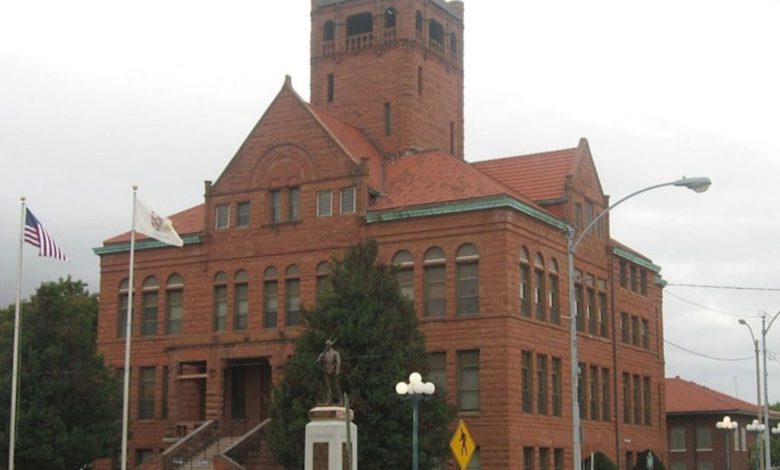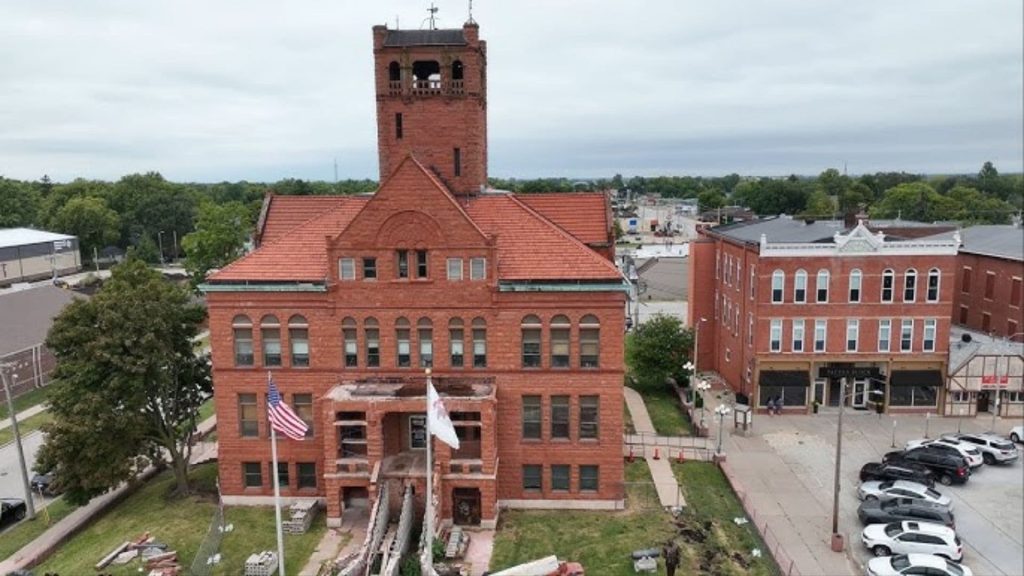
If you’ve ever peeked at your property tax bill and wondered, “How exactly is the real estate township factor figured for Warren County, Illinois?”, you’re in the perfect spot. Let’s start with the basics: the real estate township factor—often called the “multiplier” or “equalization factor”—is a crucial component in how your property’s assessed value is brought in line with state requirements and made fair across townships. In Warren County, Illinois, local assessors start by valuing your property at about one-third of its market value, just as required statewide. However, because home prices and sales can change quickly and vary between townships, a township factor (the “equalization factor”) is used to make sure everyone pays their fair share, no matter which side of the county line they’re on. This approach ensures assessments remain uniform, accurate, and in sync with current market values, so the funding for schools and services is as equitable as possible.
Real Estate Township Factor: The Big Picture
The township factor (or multiplier) helps ensure that all properties are assessed fairly by adjusting the local assessed values to match the state-mandated level of 33⅓% of market value. The process works like this:
- Step 1: Local Assessment
- Township assessors estimate the market value of your residential, commercial, or industrial property based on recent sales and features.
- By law, the “assessed value” is set at approximately one-third of the property’s fair market value.
- Step 2: Sales Ratio Study
- Every year, or periodically, authorities analyze real estate sales data for the past three years (recently 2021–2023) to compare assessed values to actual sales prices.
- The goal is to see if properties, on average, are assessed below, at, or above that key 33⅓% target.
- Step 3: Calculating the Multiplier
- If sales ratio studies show assessments are too high or too low, a multiplier (like 1.0000 for 2024 in Warren County) is set by the Illinois Department of Revenue.
- The multiplier corrects the local level: values are multiplied to bring the overall average assessment to the required state level.
- Step 4: Apply the Multiplier
- The local township factor is applied to all properties (except farmland, which has its own formula) to ensure uniformity.
- For 2024 in Warren County, the multiplier is 1.0000—meaning properties are assessed right on target, so no adjustment was necessary this year.

Why Does This Matter for You?
If you’re a homeowner, renter, landlord, or investor, knowing your township’s multiplier gives you transparency into the property tax process. You can check if your assessment lines up with local sales trends and ensures you’re being taxed consistently with your neighbors.
Special Rules for Farmland
Note that farmland is assessed differently in Illinois. Its value is based on agricultural economic productivity rather than market value, and it’s not subject to the township or state equalization factor—making the system even more tailored and fair for local growers.
Step-by-Step Example
Suppose your Warren County home is valued at $210,000 market value.
- Township assessor sets the assessed value at one-third: $210,000 × 0.3333 = $70,000.
- Equalization multiplier for 2024: 1.0000 (no change).
- Your final equalized assessed value remains $70,000.
- Exemptions (homestead, senior, etc.) may further reduce this amount.
- Local tax rates are then applied to get your actual tax bill.
Fun Facts and Local Insights
- When the housing market is hot, the township multiplier may increase to keep fairness.
- The goal is always uniformity, not higher taxes—the multiplier can also decrease!
- Warren County’s property tax process is monitored annually to ensure assessments move with market changes and stay fair for everyone.
FAQs
Q: What is the current real estate township multiplier for Warren County, Illinois?
A: For the 2024 tax year (billed in 2025), Warren County’s multiplier is 1.0000, which means no increase or decrease was needed and assessments are right on target with state requirements.
Q: Why does the township factor or multiplier change some years?
A: If assessments drift above or below the required average of 33⅓% of market value based on recent sales, the Department of Revenue will adjust the multiplier to make property taxes fair and equitable again.